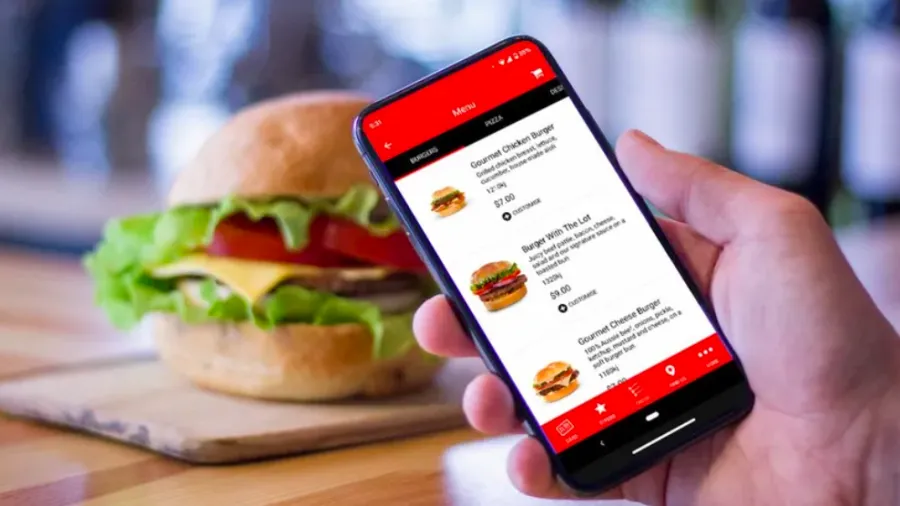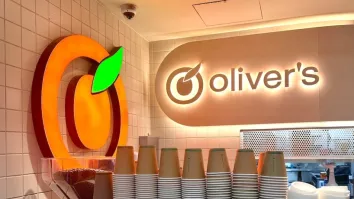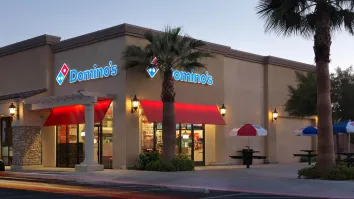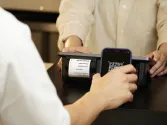
5 things to consider before building your restaurant’s mobile app
Here's the ultimate checklist for brands who want to build their own app.
Today's busy customers want to order from the QSR brands they love whenever and wherever it is most convenient for them. With most people consistently being on their mobile phones and on-the-go, they expect a seamless experience that includes good food, fast delivery, and great customer service – all at the touch of a fingertip.
This is why it is increasingly becoming crucial for QSR businesses to develop their own mobile app. However, it isn't enough to simply create an app and offer delivery at this point. From understanding customer intent to offering multi-channel support, there are multiple factors that need to be taken into consideration before you can create the app your customers want.
For today's brands to continue growing, they must build communities around their products and presence in the market. With the help of the right app, restaurant owners can provide value to their consumers by emphasising convenience along with an interactive experience that's available through their mobile devices. Additionally, these apps should help restaurants track consumer preferences and gather more data on how their guests are interacting with the brand.
If you're looking to take your restaurant brand to the next level, here are several things to consider before building your own mobile app:
1. Customisation, promotions, and personalised offers
Customers want options, which means that the more channels you provide, the better. With a customised mobile app, you get more control over how it functions. You can ensure that the features and functionalities included align with your brand's vision and goals.
Offer a place for contextually relevant suggestions so that customers can see your latest deals without having to search through your entire menu. For example, if it's the morning, add different breakfast items or coffee-related deals to show your customers what you have to offer at their location when they open the app.
You could also tie in promotional offers, seasonal menu items, and events happening at different locations. When customers receive a personalised message from your brand, it will give them a better reason to order from you in the future.
Lastly, you can link your mobile app to your own loyalty program, giving you more opportunities to connect with your customers, really know their buying behaviour, and tailor your offerings to fit their preferences. Having your own customised app gives you access to invaluable data that lets you provide personalised offers that foster customer loyalty.
2. Good user experience and consistency across all touchpoints
With the sheer amount of apps that are available today, customers have become more tech-savvy than ever and won't hesitate to uninstall an app if it has a buggy experience or crashes frequently.
But remember, a good user experience is not only limited to your mobile app. Consistency across all touchpoints means that customers are able to order from your app, website, store counters, kiosks, and other channels, and get the exact same seamless experience each time. If your brand takes pride in offering a great in-store experience, you should match this with an enjoyable digital experience too so the customers get meaningful interactions with you at every opportunity.
Loyalty programs should also be integrated across all touchpoints so that customers can easily access them (and their points and rewards) no matter which channel they're using to interact with you. By providing a seamless experience across all of your channels, you can really inspire customer loyalty across mobile, social media, and your physical restaurant locations.
3. GPS tracking and multi-delivery estimates
Customers can have the freedom to track their order from when they place it up until the delivery driver arrives at their location. This will make it easier for customers to see where their food is in the delivery process and how long it will take until they can expect to receive their order.
You can also offer customers an option to see estimates for different locations. This will provide them with a better chance of choosing the faster delivery times because they have more options at their fingertips. Guests can compare and choose from several different locations so that they can be as efficient as possible when placing orders.
4. Multiple payment options
Include different payment methods so that every customer base is catered to. For example, include both debit and credit cards as well as multiple mobile wallets like Apple Pay or Android Pay within these sections. This will give your customers the option to choose what kind of payment they are most comfortable with when ordering from you.
5. Data analytics
Data analytics give you valuable information on how your customers are interacting with your brand. It will allow you to find trends and patterns that can help you make decisions about your menu, catering options, and locations.
Building an app is as important as choosing the partner you build it with. Whether you own a chain of restaurants or run an independent restaurant on your own, it's never been easier to interact with your customers than it is now with mobile apps.
Choosing the right partner to build your app is key. Your provider should be able to offer your brand greater control over the app, rather than just offering a build-to-suit solution.
Redcat works with brands to identify how their mobile apps look and function, which gives them more opportunities for success. Redcat offers an all-in-one solution where you can have your branding on the app, order online or in-store, track consumer preferences, and offer coupons & discounts, among others.
Click here to find out more about Redcat’s mobile app solutions.






















